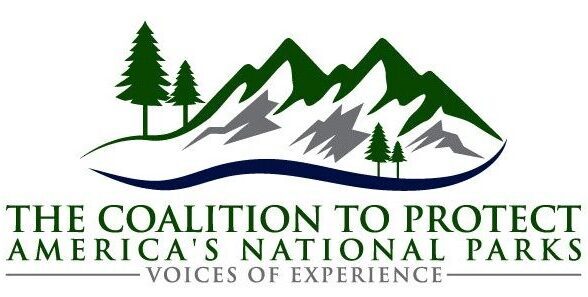
As superintendent at Fort Sumter and throughout my 35-year career with the National Park Service (NPS), I worked to protect and preserve our nation’s most treasured natural and cultural resources.
I saw firsthand the value of getting Americans outside, into our national parks and connected with their heritage. I also saw the importance of the Land and Water Conservation Fund (LWCF) as an essential tool for protecting America’s national parks and public lands.
Here in South Carolina, we’ve received roughly $295 million in LWCF funding in the past 50 years. This funding has helped to protect not only national parks such as Fort Sumter and Fort Moultrie National Historical Park and Congaree National Park but provided state assistance grants to support projects at places such as Myrtle Beach and Jones Gap State Parks.
But it doesn’t stop there — LWCF is our nation’s primary source for preserving nationally significant public lands and providing recreational opportunities in communities across the country.
National parks and battlefields, local ballfields and beaches have all benefited from the fund. It is a critical investment not only in our quality of life and the continued protection of our public lands for future generations, but in the American economy. Outdoor recreation, conservation and historic preservation activities contribute greatly to the U.S. economy and support millions of jobs.
LWCF relies mainly on revenue from the depletion of some natural resources — offshore oil and gas drilling — to support the conservation of other precious resources including our land and water. It does not use any state or federal taxpayer dollars.
There is nearly $1 billion in revenue from offshore drilling authorized to be spent on LWCF projects every year, but Congress almost always diverts most of that funding to unrelated purposes. Failing to fully fund LWCF means that projects that would benefit our communities go unfunded for another year — or much longer.
Over LWCF’s lifetime, more than $22 billion has been redirected by Congress to be spent on unrelated things. It is long past time to correct this injustice and fully fund our public lands and community-based recreational opportunities. It’s not a controversial concept.
Without full funding for LWCF at $900 million annually, we are failing to do our best to protect our public lands, preserve access to our outdoor spaces and improve our communities. South Carolinians benefit greatly from LWCF, and I believe full and mandatory funding is critical for its continued success.
We are lucky to have Rep. Joe Cunningham in Congress fighting for full funding of LWCF. Rep. Cunningham has been a strong supporter of LWCF and recently led the effort to advance legislation in the U.S. House of Representatives to dedicate full funding for LWCF. I want to thank him for his strong support and advocacy, and encourage the rest of the South Carolina congressional delegation to fight for LWCF alongside him.
John Tucker, former superintendent of Fort Sumter and Fort Moultrie national parks and the Charles Pinckney National Historic Site, worked with the National Park Service for 35 years. He is a member of the Coalition to Protect America’s National Parks.
